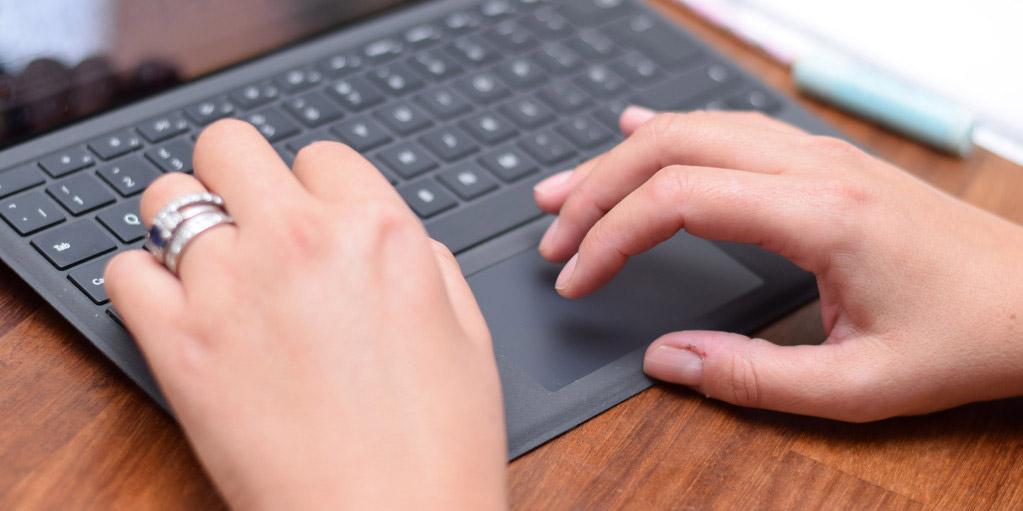
|![]() 6 minute read
6 minute read
Helping your friends and family get online

Written by Jo Hamilton, head of digital
It's hard to believe that only 25 years ago DVDs were the hot new gadget, mobile phones were the weight of a brick and only capable of making calls, and less than half the population were online.
Today, data from the Office for National Statistics shows that:
- 95% of the UK population have used the internet in the last three months
- with 85% using a smartphone, the most widely used device to go online
Digital (or computer) skills are becoming more and more important. But digital confidence and online usage vary when it comes to age, gender, region, and disability. Lots of people still need help and support to get online.
Did you know 6% of households still don’t have access to the internet and around 9 million UK adults struggle to use the internet confidently or independently? This could be for several reasons, including a lack of interest or need, privacy and security concerns, lack of skill, or cost of access.
This has been more noticeable during the Covid pandemic, as the internet and digital devices have played (and still do), an important role in connecting people to each other and essential services. On the flip side, the pandemic also saw our customers quickly adapt and move to our digital channels to access services.
Recent research carried out with our customers living in rented homes shows that the majority are using the internet several times a day. Our customers followed wider trends during the pandemic with over half saying that their internet usage increased. They also said they will continue to use the internet at this level in the future.
However, there are still 1 in 10 who have never used the internet or are not confident using it. They have concerns around things like security and scams, a lack of understanding, or the need to go online.
There are tons of good reasons to get online, from connecting with friends to accessing your bank, and of course, it's a great source of entertainment and education.
Helping your friends and family online
If you've got a friend, neighbour or family member who needs a little help, here's some tips to get you started. From how to use a computer or mobile device, staying safe online, finding a job, managing your money, or getting access to public and health services.
Libraries and councils
Your local council and libraries offer lots of courses and support in your community. From techie tea parties to digital inclusion courses where you can loan kit for free.
The Good Things Foundation can put you in touch with Online Centres Network which will give you access to Digital Champions in your community who can help you get started.
Free online courses
If you're helping someone grow their confidence there are lots of free courses that can help:
Manage your money safely
Throughout the pandemic, lots of organisations have been offering free help. Banks have programmes such as Barclays Digital Eagles and Lloyds Bank Learn for Life.
Watch some how to videos
BBC Get Connected short films are great for growing online skills and getting more from your mobile, tablet, computer, or interactive TV.
See what grants you could access
Some grant-giving charities can also help with financial support. You can apply for things such as a laptop or a tablet that will help you get online. This may be a loan, or you might be able to keep the tech.
The government has a Get help with technology scheme which offers help with technology for disadvantaged children and young people during the coronavirus pandemic.
Do more digitally
As your confidence grows so you can do even more online.
We've developed lots of new things to do on our website and customer portal, My Home Account. You can now:
- pay rent
- view statements
- check on the status of repairs
- log new repairs
- submit forms for complaints, ASB and other general enquiries all in one place
And we've got lots more planned.
We recently launched ‘digital sign up’ in Scotland, so our customers in Scotland can digitally sign their tenancy. We’re hoping to roll this out in England too.
Tweet us with your tips to help friend and family get online.